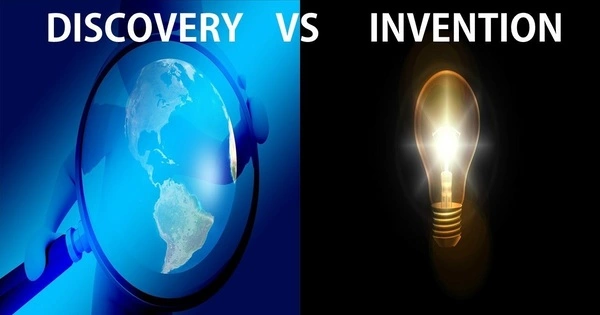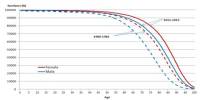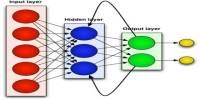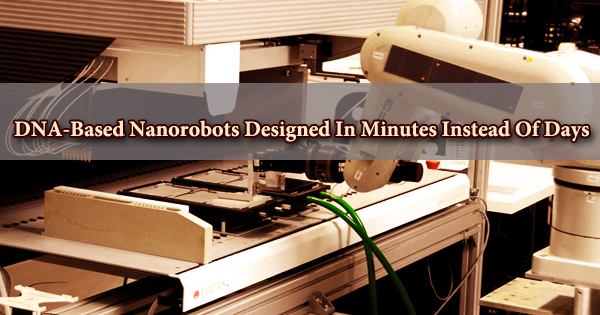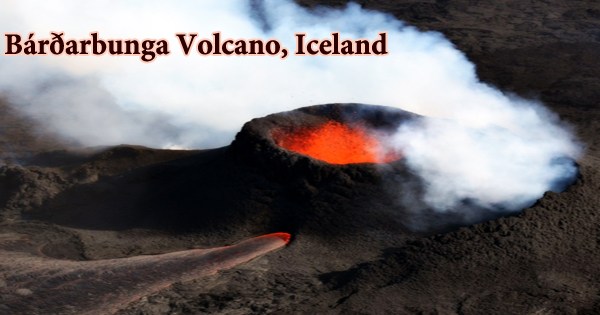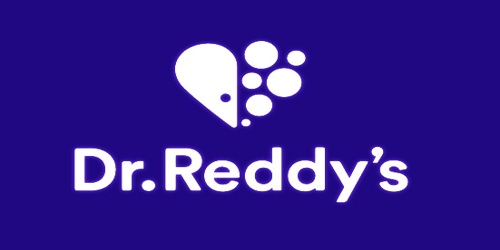A discovery is recognizing something that already exists for the first time and that no one has previously discovered, such as how Christopher Columbus discovered the Americas. An invention is the creation of something completely new based on one’s own ideas and development. Although an invention is completely new to the world, the physical material required for its production already exists, having been innovated from the individual’s ideas and experiences.
Everything that surrounds us and that we use in our daily lives has been discovered or invented by experts. Most people have a misunderstanding about the terms discovery and invention, which leads them to believe that they are interchangeable. That is not correct, because discovery refers to discovering something that already existed but was not recognized by anyone else, i.e. discovering something unexpected.
In contrast, invention refers to the creation of something new and useful using one’s own ideas and experiments. In a nutshell, it means making or designing something. So, read on to learn more about the distinction between discovery and invention.
Difference between Discovery and Invention –
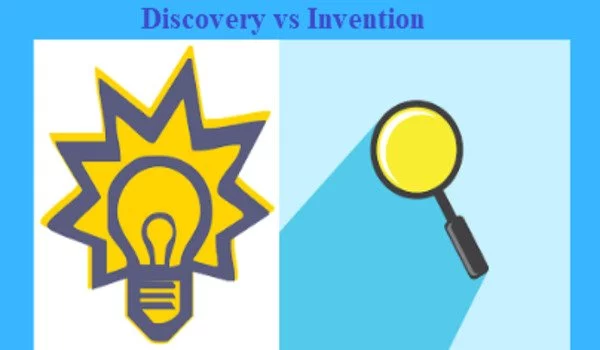
DISCOVERY
- The act of discovering or exploring something that existed but was not previously perceived is referred to as discovery. The term “discovery” refers to the discovery of something that has not yet been recognized.
- The term discovery refers to the act of discovering something for the first time that was already present in the world but was not previously recognized as relevant. It is the examination of new events, actions, phenomena, or reasoning. The discovery is founded on ideas, collaborations, or even previous discoveries.
- Natural occurrences result in discovery. The subject is discovered on purpose or by chance.
- Questioning and curiosity play an important role in discovery because they lead to the discovery of previously unknown things, which leads to the invention of processes, products, and methods. There have been some significant discoveries that have resulted in profound advancements in knowledge and technology.
- Discoveries are usually natural occurrences that are present until someone notices them. The process of exploring the world around us is referred to as discovery.
INVENTION
- Invention is the creation or design of an item or process that has never existed before, based on one’s own ideas and developments. Invention entails creating something new and advanced.
- An invention is defined as a novel and non-obvious method, device, process, improvement, or technique. An invention is the realization of a new or advanced idea in order to make people’s work easier and faster. In a nutshell, an invention is something that did not exist previously and is recognized as the result of some unique intellect.
- Scientific or man-made artifacts, devices, or processes are examples of inventions. In the case of the invention, the subject is conceived on purpose.
- Sometimes an individual works alone on an idea for its realization, while other times a group of scientists collaborate to create something useful. It can also be created by one person and then improved or expanded upon by others. It is critical in transforming the way people do their work.
- Inventions are man-made or scientific occurrences of objects that exist as a result of human willpower and creation. The process of experimentation is involved in the invention. Its creator has the right to patent it.
To summarize, while discovery entails exploration, invention entails experimentation. The term “discovery” refers to things that have been around for a long time. The invention, on the other hand, applies to things that never existed. The patent only covers inventions, not discoveries.
